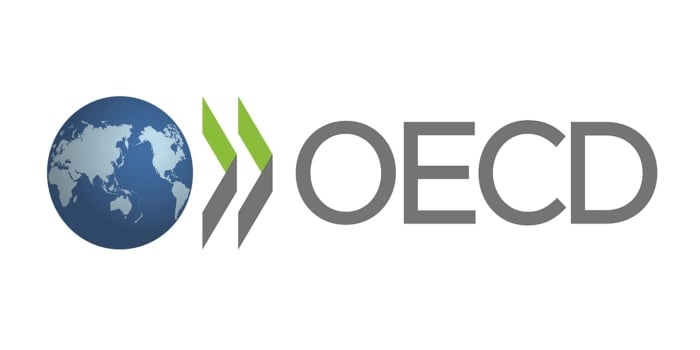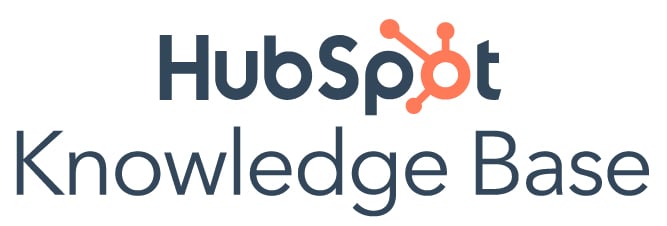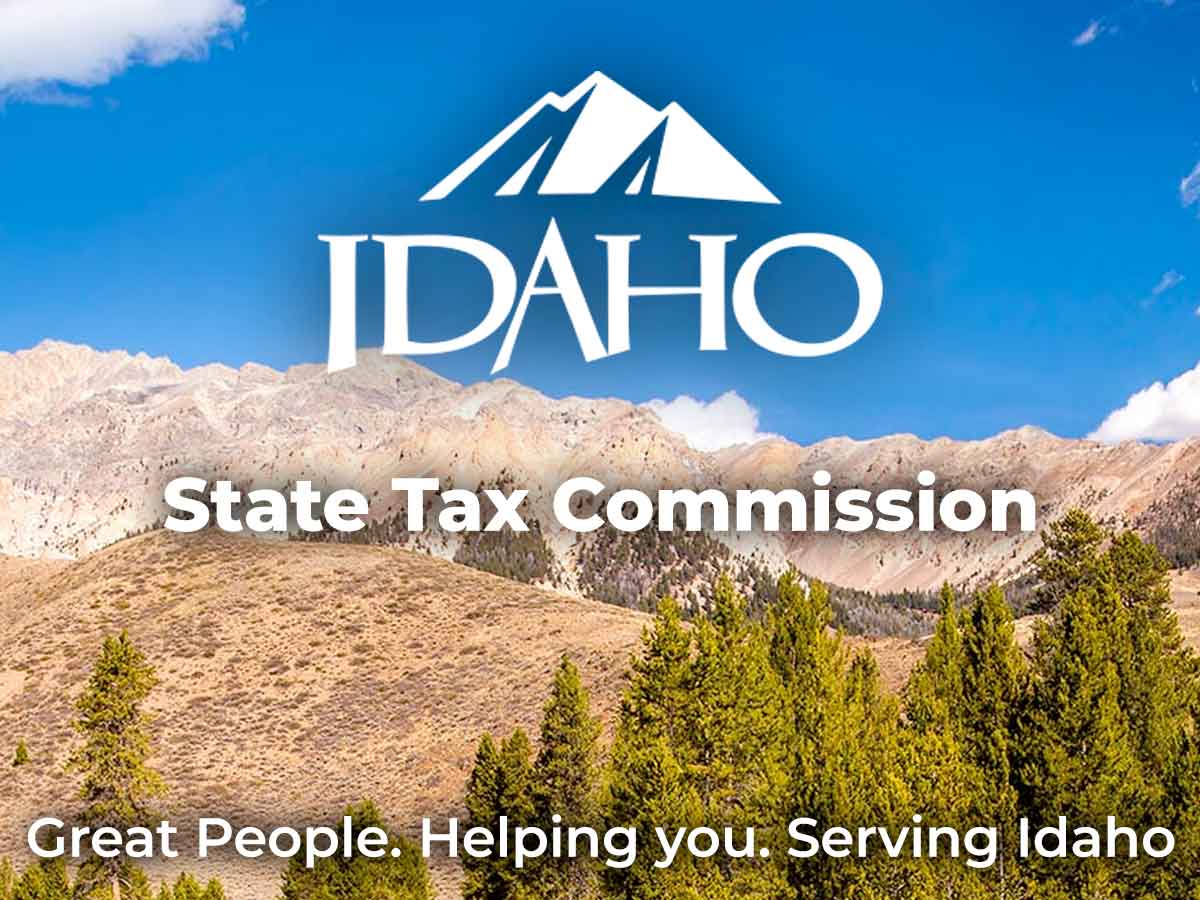Topic What is a employer ein number: An Employer Identification Number (EIN), also known as a Federal Tax Identification Number, is an essential identifier for any business entity. This unique nine-digit number assigned by the IRS helps streamline tax processes and enables accurate identification of employers and certain individuals. By obtaining an EIN, businesses can ensure compliance with tax regulations and facilitate smooth financial operations. Discover the significance of an employer EIN number and how it helps simplify taxation procedures for your business.
Table of Content
- What is an employer EIN number?
- What does EIN stand for?
- Why is an Employer Identification Number important for businesses?
- YOUTUBE: Understanding EIN: Employer Identification Numbers Explained
- How is an Employer Identification Number different from a Social Security Number?
- How can I obtain an Employer Identification Number for my business?
- Are there any fees associated with obtaining an Employer Identification Number?
- How long does it take to receive an Employer Identification Number after applying?
- Can an Employer Identification Number be used for any other purposes besides taxes?
- Are there any exceptions or circumstances where a business might not need an Employer Identification Number?
- What happens if a business changes its name or ownership? Will a new Employer Identification Number need to be issued?
What is an employer EIN number?
An employer EIN number, also known as an Employer Identification Number, is a unique nine-digit number assigned by the IRS to businesses and other entities for tax purposes. It is used to identify a business entity when interacting with the IRS for tax-related matters.
To understand what an employer EIN number is in more detail, let\'s break it down step by step:
1. Purpose: The main purpose of an EIN number is to identify businesses for tax purposes. It acts as a tax identification number for employers, helping the IRS keep track of businesses and their associated tax accounts.
2. Unique Identifier: An employer EIN number is a unique nine-digit number that is assigned to each business entity. This number distinguishes one business from another and ensures that there are no duplicates.
3. Tax Accounts: The EIN is used to identify the tax accounts of employers and certain other entities. It helps the IRS track and monitor tax-related activities, such as income tax reporting, employment tax payments, and other business tax obligations.
4. Application: To obtain an EIN number, businesses must apply to the IRS. The application process can be done online, through mail, or by fax. The IRS provides a simple application form, called Form SS-4, which requires basic information about the business, such as its legal name, address, type of entity, and intended use of the EIN.
5. Business Identification: Once assigned, the EIN number becomes a unique identifier for the business entity. It is important for businesses to use this number correctly and consistently when interacting with the IRS, other government agencies, financial institutions, and business partners.
6. Non-Employer Entities: While the term \"employer\" is included in the name, an EIN number is not limited to businesses with employees. It is also required for other entities, such as sole proprietorships, partnerships, corporations, non-profit organizations, estates, trusts, and certain other non-individual entities, which have a need for tax identification.
In summary, an employer EIN number is a unique nine-digit number assigned by the IRS to businesses and other entities. It serves as a tax identification number, allowing the IRS to easily identify businesses and track their tax-related activities.
READ MORE:
What does EIN stand for?
EIN stands for Employer Identification Number. It is a unique nine-digit number assigned by the IRS (Internal Revenue Service) to business entities and organizations for the purpose of identifying them for tax-related matters. The EIN is also known as a Federal Tax Identification Number. It is used to track business tax accounts and to ensure accurate identification of employers and certain other entities for tax purposes.
Why is an Employer Identification Number important for businesses?
An Employer Identification Number (EIN) is important for businesses for several reasons:
1. Tax Purposes: One of the primary reasons why an EIN is important for businesses is for tax purposes. The EIN serves as a unique identifier for a business entity, similar to a social security number for an individual. It is used by the Internal Revenue Service (IRS) to track tax obligations and filings by the business. When it comes time to file tax returns, the EIN is required, and it ensures that the business is accurately identified and linked to its tax records.
2. Hiring Employees: If a business plans to hire employees, it needs an EIN. The EIN is necessary for reporting and paying employment taxes, including income tax withholding, social security and Medicare taxes, and unemployment taxes. It helps the IRS differentiate between the personal tax obligations of the business owner and the tax obligations related to the employees.
3. Opening Bank Accounts: Banks typically require businesses to have an EIN in order to open a business bank account. The EIN is used to verify the legitimacy of the business and to track financial transactions. It separates the business\'s financial activities from the personal finances of the business owner.
4. Applying for Business Permits and Licenses: Many local, state, and federal agencies require businesses to provide their EIN when applying for permits, licenses, or other registrations. The EIN serves as a unique identifier for the business during the application process.
5. Establishing Business Credit: Having an EIN is often a requirement for establishing business credit. With an EIN, a business can apply for credit cards, loans, and other types of financing in its own name, separate from the personal credit of the business owner. This helps build the business\'s credit history and can have long-term benefits for its financial operations.
In summary, an Employer Identification Number is important for businesses as it is necessary for tax compliance, hiring employees, opening bank accounts, applying for permits/licenses, and establishing business credit. It ensures proper identification of the business entity and separates its financial activities from those of the business owner.
Understanding EIN: Employer Identification Numbers Explained
Understanding: Dive into this fascinating video that aims to demystify complex concepts and help you gain a deeper understanding of the subject. With simple explanations and captivating visuals, it\'s the perfect resource to unlock your curiosity and expand your knowledge!
Five Key Facts about the Employer Identification Number
Five: Embark on a journey with this captivating video that unveils the top five secrets to success. Discover the powerful strategies, tips, and techniques that can transform your life and lead you towards accomplishing your goals. Don\'t miss out on this life-changing opportunity!
How is an Employer Identification Number different from a Social Security Number?
An Employer Identification Number (EIN) is different from a Social Security Number (SSN) in several ways. Here is a step-by-step comparison of the two:
1. Purpose:
- EIN: An EIN is used by businesses and other entities for tax purposes. It is assigned by the Internal Revenue Service (IRS) and is used to identify a business entity.
- SSN: A Social Security Number, on the other hand, is primarily used to track an individual\'s earnings and benefits for their Social Security account. It is issued by the Social Security Administration (SSA).
2. Entity Type:
- EIN: An EIN is assigned to various types of business entities, such as corporations, partnerships, sole proprietorships, and limited liability companies (LLCs), as well as non-profit organizations and government agencies.
- SSN: A Social Security Number is assigned to individuals who are either U.S. citizens, permanent residents, or individuals authorized to work in the United States.
3. Format:
- EIN: An EIN is a nine-digit number in the format of XX-XXXXXXX. The first two digits represent the geographic location of the business or the IRS processing center that assigned the number.
- SSN: A Social Security Number is also a nine-digit number, but it is typically written in the format of XXX-XX-XXXX. The first three digits represent the area number, the middle two digits represent the group number, and the last four digits represent the serial number.
4. Usage:
- EIN: An EIN is used primarily for tax-related purposes, including filing taxes, opening business bank accounts, applying for business licenses, and reporting employee wages to the IRS.
- SSN: A Social Security Number is used for a wide range of purposes, including employment eligibility verification, obtaining government benefits, opening personal bank accounts, applying for loans, and filing personal income tax returns.
In summary, while both an EIN and an SSN are nine-digit numbers, they serve different purposes. An EIN is used to identify a business entity for tax-related matters, while an SSN is used to track an individual\'s earnings and benefits for their Social Security account.
How can I obtain an Employer Identification Number for my business?
Obtaining an Employer Identification Number (EIN) for your business is a straightforward process. Here are the steps to follow:
1. Determine if you need an EIN: If your business meets any of the following criteria, you will need an EIN:
- You have employees.
- You operate your business as a corporation or partnership.
- You file any of the following tax returns: Employment, Excise, or Alcohol, Tobacco, and Firearms.
2. Visit the IRS website: Go to the official website of the Internal Revenue Service (IRS).
3. Access the EIN application: Look for the section related to EINs on the IRS website. Typically, this can be found under the \"Businesses\" or \"Small Business\" section. Look for an option such as \"Apply for an EIN\" or \"Get an EIN online\".
4. Choose the appropriate application method: The IRS offers several ways to apply for an EIN. The most common method is the online application, which is quick and efficient. However, you can also apply by mail or fax by submitting Form SS-4.
5. Complete the application: Fill out the required information accurately. The application will ask for details such as your business name, address, type of entity, and reason for applying. Ensure you have all the necessary information ready before starting the application.
6. Submit the application: If you are applying online, you can submit the application directly through the IRS website. If you choose the mail or fax option, ensure you have the correct address or fax number and send the completed Form SS-4 accordingly.
7. Receive your EIN: If you applied online, you will receive your EIN immediately upon successful completion of the application. If you submitted the application by mail or fax, it may take a few weeks to receive your EIN. Once obtained, the IRS will mail you a confirmation letter with your EIN.
It is essential to note that the process of obtaining an EIN is free of charge. Be cautious of websites or services that offer to obtain an EIN for a fee, as you can easily obtain one directly from the IRS.
_HOOK_
Are there any fees associated with obtaining an Employer Identification Number?
No, there are no fees associated with obtaining an Employer Identification Number (EIN). The process of obtaining an EIN is completely free. You can obtain an EIN directly from the Internal Revenue Service (IRS) by completing an online application on their website or by mailing a Form SS-4. It is important to note that there are third-party services that may offer to obtain an EIN on your behalf, but they may charge a fee for their services. However, you can easily obtain an EIN for free by using the official IRS channels.
How long does it take to receive an Employer Identification Number after applying?
The time it takes to receive an Employer Identification Number (EIN) after applying can vary. Here are the steps involved in the process and an estimated timeline:
1. Application submission: To apply for an EIN, you need to fill out Form SS-4. This form can be submitted online, by fax, or by mail to the IRS. The online application is the fastest method.
2. Processing time: The processing time for an EIN application depends on the method of submission. If you apply online, you should receive the EIN immediately after completing the application. If you apply by fax, it may take around four business days. If you apply by mail, it can take up to four weeks to receive your EIN.
3. Confirmation letter: Once your EIN application is processed, the IRS will send you a confirmation letter that includes your EIN. This letter serves as official proof of your EIN and is important for various purposes, such as opening a bank account or filing taxes.
Overall, if you apply online, you can expect to receive your EIN immediately. For fax submissions, it may take a few days, and for mail submissions, it can take a few weeks. It\'s always a good idea to plan ahead and apply for your EIN well in advance to avoid any delays in your business operations.

Can an Employer Identification Number be used for any other purposes besides taxes?
Yes, an Employer Identification Number (EIN) can be used for purposes other than taxes. Here are a few examples:
1. Opening Business Bank Accounts: Many banks require businesses to have an EIN before they can open a business bank account. The EIN serves as a unique identifier for the business entity and allows the bank to track and process financial transactions.
2. Hiring Employees: When hiring employees, employers need to provide their EIN to verify their business identity and fulfill legal requirements such as reporting employee wages to the IRS.
3. Obtaining Business Licenses and Permits: Some states and local governments may require businesses to have an EIN before issuing certain licenses or permits. The EIN helps ensure that the business is registered with the appropriate authorities.
4. Establishing Business Credit: Similar to an individual\'s Social Security Number, an EIN can be used to establish a business credit file. This allows businesses to build their credit history and access financing options.
5. Applying for Business Loans: Lenders often require businesses to provide their EIN when applying for loans or lines of credit. The EIN is used to identify the business for credit checks and to track loan repayment.
It is important to note that while an EIN can be used for various purposes, it is primarily issued by the IRS for tax-related matters. Therefore, it is recommended to consult with a professional or the appropriate authorities to ensure compliance with all legal requirements and regulations when using an EIN for non-tax purposes.
Demystifying EIN: Employer Identification Number
Demystifying: Delve into the world of illusions and magic as this mind-blowing video demystifies the tricks of the trade. Prepare to be amazed as you get an exclusive behind-the-scenes look at the secrets behind some of the most popular illusions. Get ready for a truly enchanting experience!
Are there any exceptions or circumstances where a business might not need an Employer Identification Number?
Yes, there are exceptions or circumstances where a business might not need an Employer Identification Number (EIN). Here are some situations where a business may not need an EIN:
1. Sole Proprietorship: If you are operating your business as a sole proprietorship and do not have any employees, you are not required to obtain an EIN. In this case, you can simply use your Social Security Number (SSN) for tax purposes.
2. Single-Member LLC: Similarly, if you have formed a single-member limited liability company (LLC) and do not have any employees, you can choose to use your SSN for tax purposes instead of obtaining an EIN. However, if you have employees or choose to be taxed as a corporation, you will need an EIN.
3. Certain Types of Trusts: Certain irrevocable trusts, such as grantor-type trusts, may not require an EIN if they are not engaged in any business activities that require withholding taxes or filing separate tax returns.
4. Estates: An estate, which is the entity handling someone\'s assets after they pass away, may not need an EIN if it generates minimal income and does not have any employees.
5. Informal or Hobby Businesses: If you are engaged in an informal or hobby business, where the primary purpose is not to make a profit, and your income is below a certain threshold set by the IRS, you may not need an EIN. In such cases, you can report the income on your personal tax return using your SSN.
It\'s important to note that while these circumstances may exempt a business from obtaining an EIN, there may still be other reasons why obtaining an EIN could be beneficial, such as establishing business credit, opening business bank accounts, or facilitating future growth and hiring employees. It is advisable to consult with a tax professional or the IRS to determine if your specific situation falls under any of these exceptions.
READ MORE:
What happens if a business changes its name or ownership? Will a new Employer Identification Number need to be issued?
If a business changes its name or ownership, it may or may not need to obtain a new Employer Identification Number (EIN).
1. Name Change:
- If the business only changes its name but remains under the same ownership and legal structure, there is no need for a new EIN.
- However, the business should notify the Internal Revenue Service (IRS) of the name change. This can be done by filing Form SS-4, which is used to apply for an EIN, and noting the name change in the appropriate section. This ensures that the IRS has updated records.
2. Ownership Change:
- If the business undergoes a change in ownership, it may or may not require a new EIN, depending on the type of ownership change.
- If it is a sole proprietorship that changes ownership and operates under the new owner\'s social security number, there is typically no need for a new EIN.
- For partnerships, corporations, or other types of business entities that experience an ownership change, a new EIN is usually required. This is because the EIN is linked to the business entity itself, and a change in ownership often results in a different legal entity.
- The new owner should apply for a new EIN by filing Form SS-4 and providing the necessary information about the updated ownership structure.
It\'s important to note that if a new EIN is required, the business should cease using the old EIN for any tax-related purposes and start using the new EIN instead. Additionally, appropriate documentation and notifications should be submitted to any relevant government agencies, financial institutions, and business partners to inform them of the name or ownership change and EIN update.
_HOOK_









